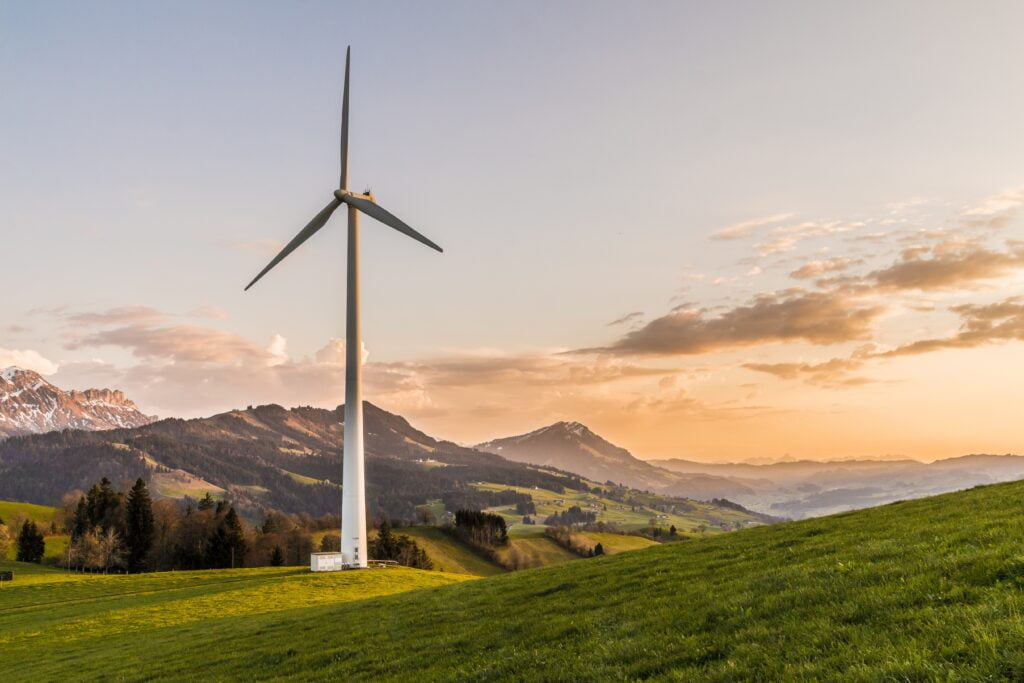Considerable changes need
to take place before 2030,
to reach net zero by 2050
What does net zero mean?
Net Zero is a target of completely negating the amount of greenhouse gases produced by human activity, to be achieved by reducing emissions and implementing methods of absorbing carbon dioxide from the atmosphere.
The term net zero means achieving a balance between the carbon emitted into the atmosphere, and the carbon removed from it. This balance – or net zero – will happen when the amount of carbon we add to the atmosphere is no more than the amount removed.
Unavoidable residual emissions will need to be removed from the atmosphere: either by changing how we operate, extracted directly through technologies or offset through certified carbon offsetting projects.


Why be net zero by 2050?
The year 2050 is the target date set by the UK Government because it is seen as the first realistic date for net zero emissions to be achieved, balancing the urgent need to take action with the inevitable impact on the economy. If the UK is to reach this target, considerable changes will need to take place well before that date, and ideally before 2030.
If other countries follow the UK’s lead and reach net zero emissions by 2050, the Committee on Climate Change advised there would be a 50% chance of avoiding a ‘catastrophic’ 1.5°C temperature rise by the year 2100.
There are different official carbon targets for different parts of the UK. Scotland, for example, has committed to net zero emissions by 2045, while Wales has aligned with the UK target of 2050 but with ambitions to get there sooner.
